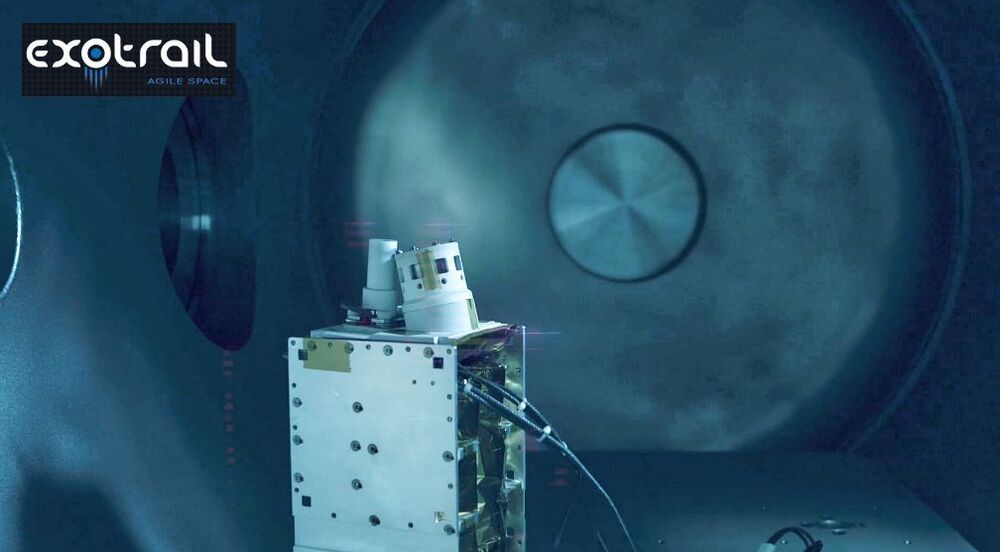Student-led teams aren’t the only ones testing out novel electric propulsion techniques recently. Back in November, a company called Exotrail successfully tested a completely new kind of electric propulsion system in space – a small hall-effect thruster.
Hall effect thrusters themselves have been around for awhile. However, they have been limited in their practicality, primarily because of their size. Normally they are about the size of a refrigerator and require kilowatts of power, making them impractical for any small satellites.
That’s where Exotrail’s novel system shines. It is about the size of a 2 liter bottle of soda (or pop if you’re from that part of the world), and only requires around 50 watts of power. This makes the propulsion system ideal for satellites ranging from 10 to 250 kg.
